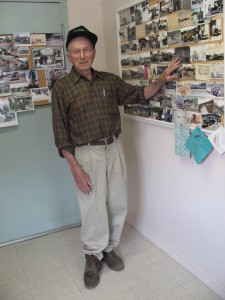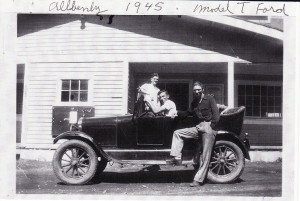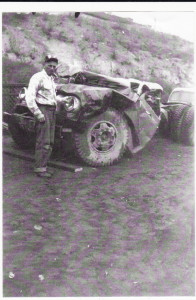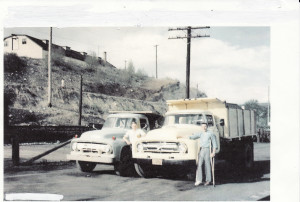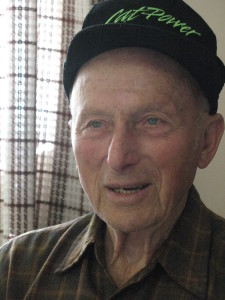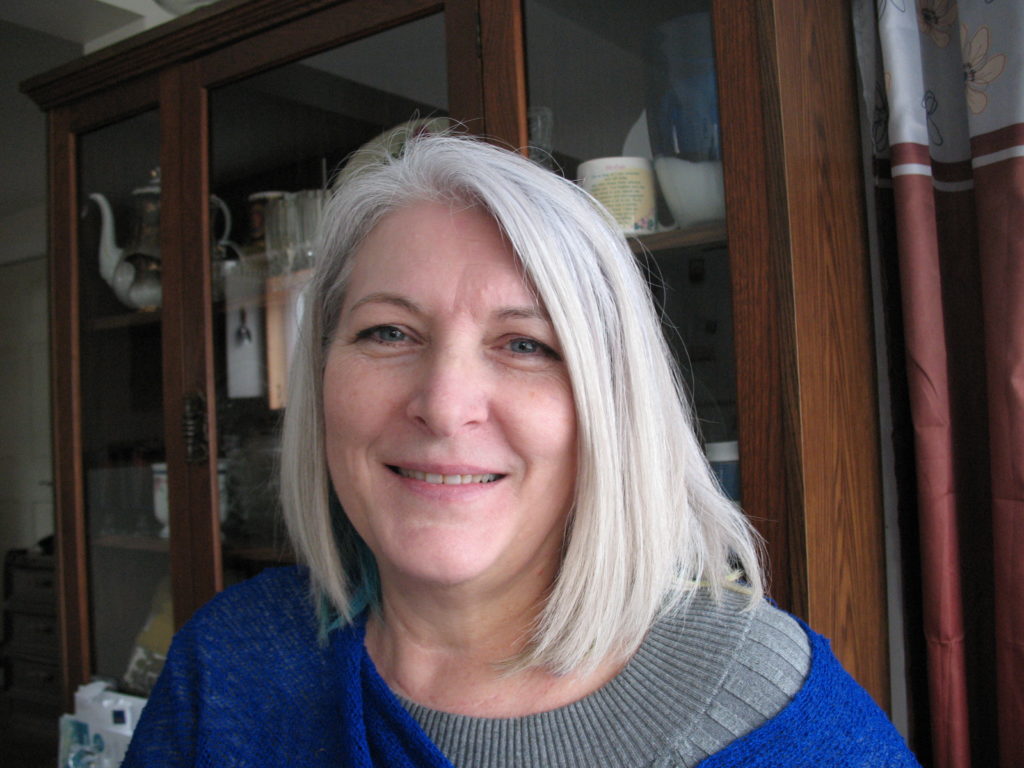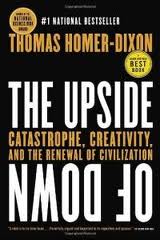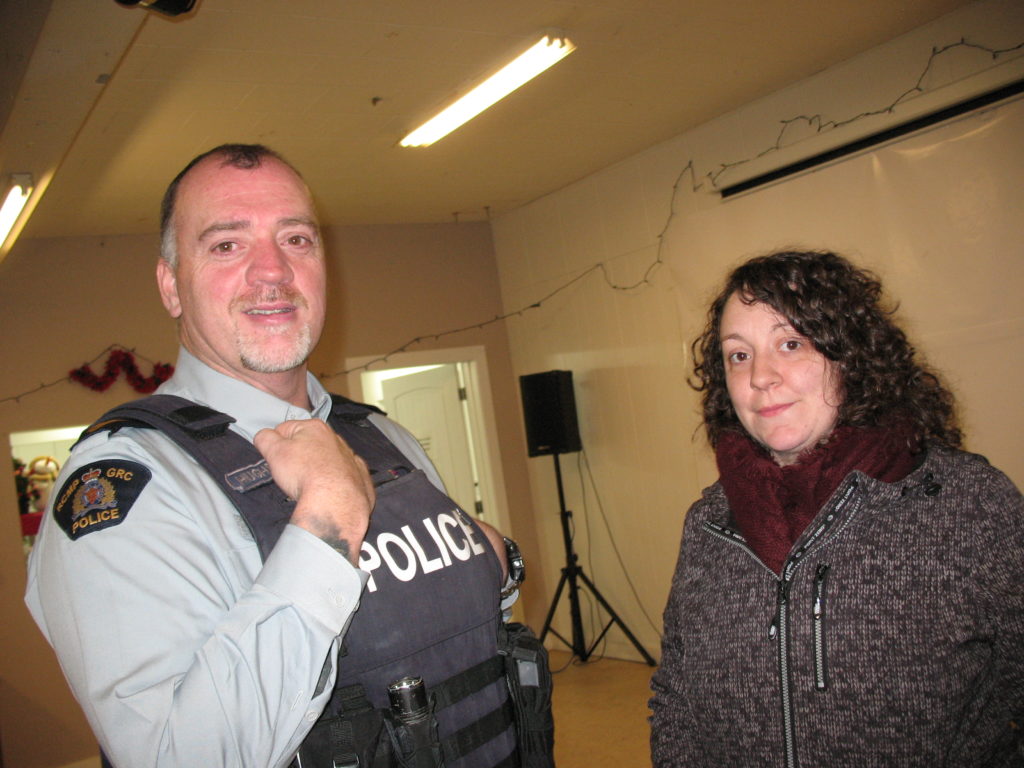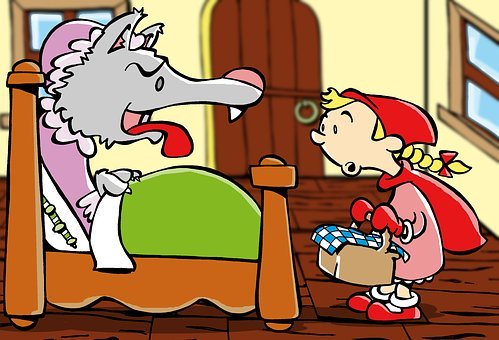
I have come to regard the flagrant squandering of credibility as foolishness at its best. When it is gone, it’s virtually impossible to regain. We were provided with a very public example of this recently when the Iranian government adamantly denied having shot down the Ukrainian airliner carrying 176 passengers, many of them Canadians of Iranian origin. Any observer of the international scene is aware that the Islamic Republic controls the media and routinely shapes news to suit its own purposes. The people are often uncertain as to where the truth lies. When the government reversed its version of the downing of the plane and admitted its role, Iranian citizens were enraged by the attempted deception. Many lost faith in government statements.
The numerous instances of prominent individuals and government leaders engaging in deception to gain unfair advantage have fostered within me a fascination with credibility. One of the most extreme examples, exposed in 2008, is the Ponzi scheme of former NASDAQ Chairman Bernard Madoff. He kept his hedge fund losses hidden by paying early investors with funds from those who bought in later. He admitted to his sons, and subsequently to investigators, “it’s one big lie.” The scheme has been cited as the largest fraud in U.S. history. His untrustworthiness cost many investors their life savings.
It’s disappointing when those living and working at lofty levels choose to flaunt their disregard for integrity. They seem not to understand that their example confuses and distresses people struggling to feed a family, buy shoes for their children, pay the mortgage or rent, and hope the bank will loan them the funds to replace an ailing vehicle. They seem unconcerned that their example undermines the values that hold our society in place.
Most of us have witnessed attempts at deception on a personal level. A few years ago a friend, Virginia, wanted to borrow twenty dollars from me. “I need to buy groceries,” she said. “I’m getting some money tomorrow and I’ll pay you then.” About age 30, she still retained an attractive figure and pretty face, but her reputation was somewhat shaky. I knew she was deeply addicted to tobacco and realized the money was likely intended for cigarettes. Wanting to show trust, I gave it to her anyway. The next evening I attended the Hedley Street Dance and noticed her across the street. Seeing me look in her direction, she quickly disappeared into the crowd and has avoided me since then. I still regret that for a mere twenty dollars, she sacrificed the trust I had placed in her.
True credibility comes when there is a sound foundation of integrity. When parents give their children an example of speaking the truth and being honest, their offspring are more likely to pass this on with their own lives. Virginia didn’t live this way and her 3 children struggled socially and academically. Unable to cope with an unstable home scene, they turned to pharmaceutical and illicit drugs to calm their anxieties. They had no dependable scaffolding for the building of their lives. Seeing this, Virginia became distraught, but floundering herself, she could not help them.
For the most part, my generation grew up in homes where there was at least a measure of integrity. I never caught my parents lying or cheating. I was surrounded by strong, authentic role models. When my Uncle Cornie’s chicken flock was decimated by disease, he didn’t have insurance and could have declared bankruptcy to avoid paying the feed company and bank. It would have been the easy option. Instead he went on the road with his tractor and rototilled gardens until he had paid his debts.
I’ m deeply grateful I had role models I could trust. The example of upright individuals built into me and many of my generation, a solid foundation of values. Even if we didn’t listen to the words of parents, uncles and aunts, teachers, and others, their trustworthiness was indelibly imprinted on our hearts and minds.
Unlike my generation when distractions weren’t as plentiful, the thinking, attitudes and character of many children, adolescents and also adults today are being shaped by social media. This is not likely to change. If we want young people to develop a constructive direction for their lives, we will need to show them an example of unimpeachable credibility.

